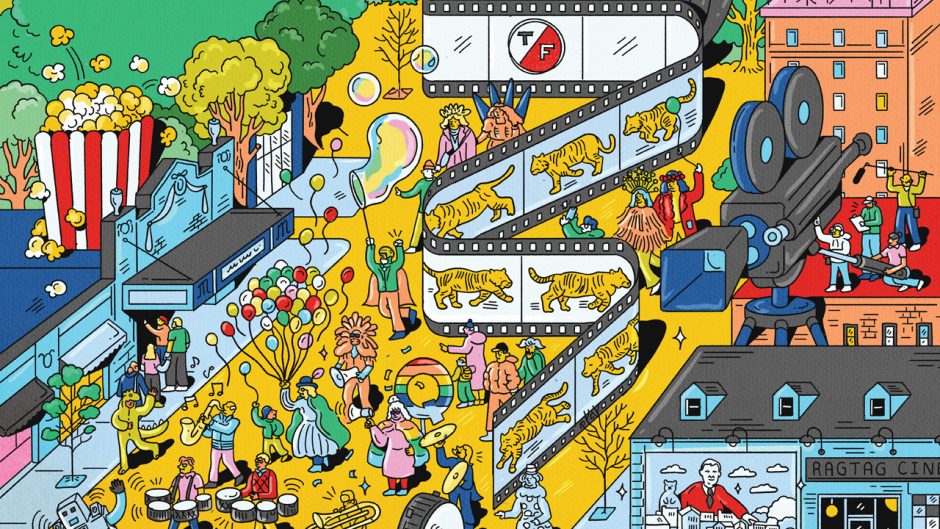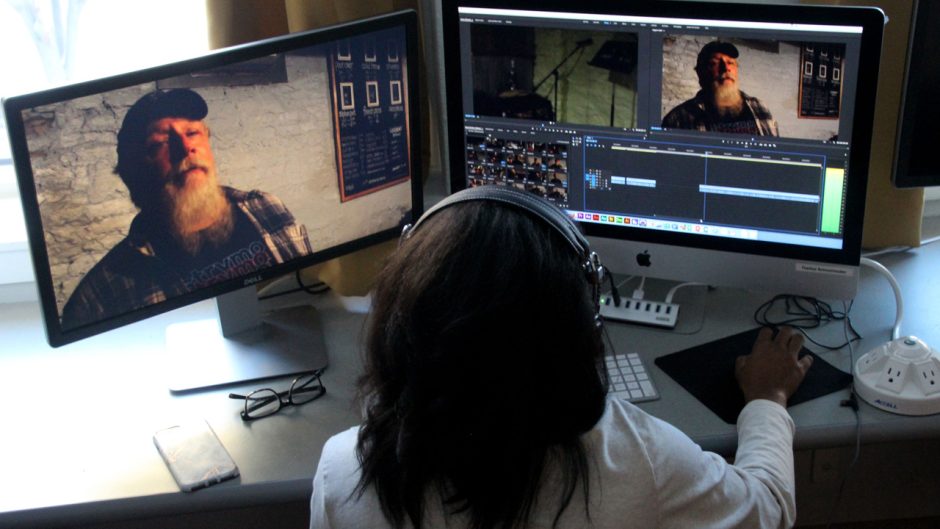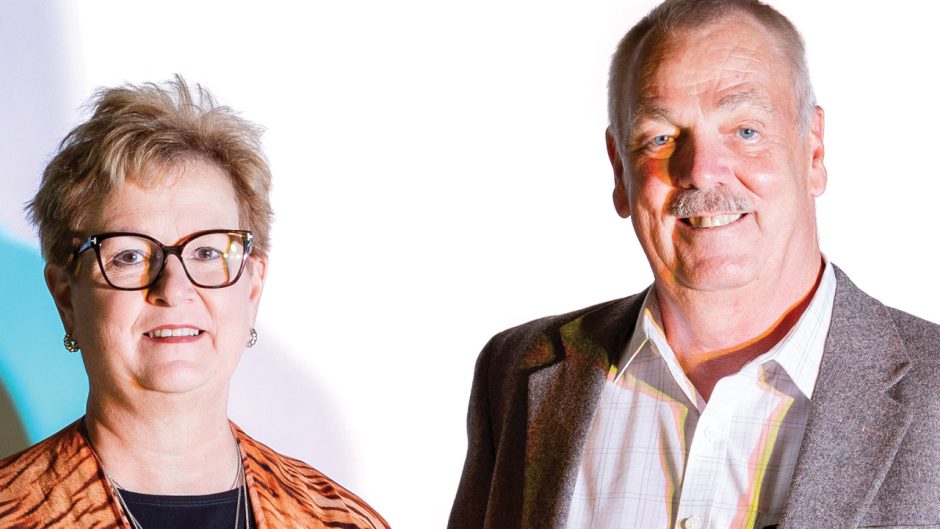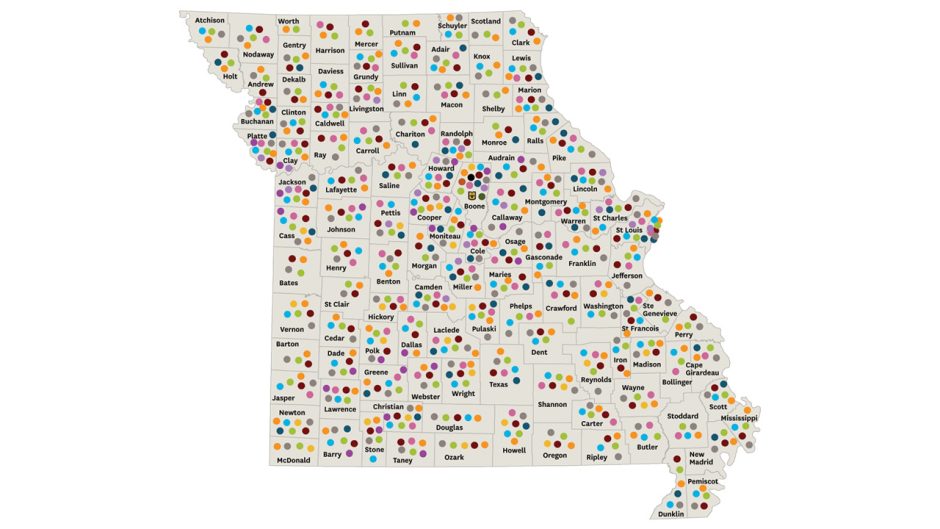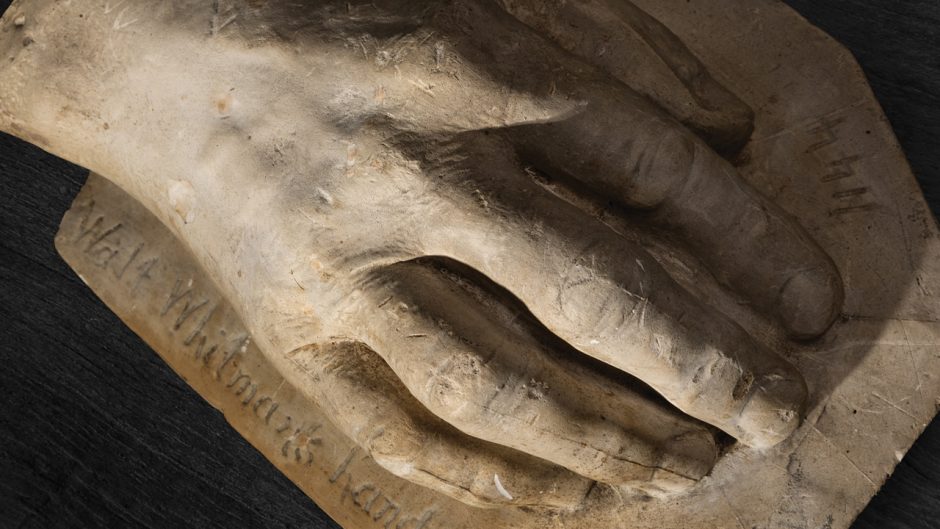MIZZOU Magazine
The Magazine of the Mizzou Alumni Association
In This Issue
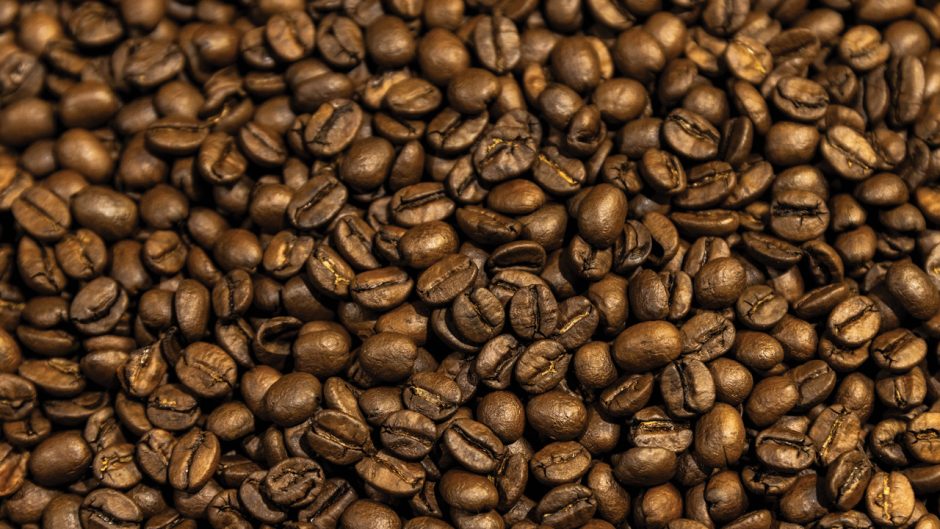
MIZZOU Magazine
Columbian brew
From a cup of Joe at Ernie’s to a morning cortado at Acola, coffee has supplied the Mizzou campus with comfort, opportunity and caffeine for all.
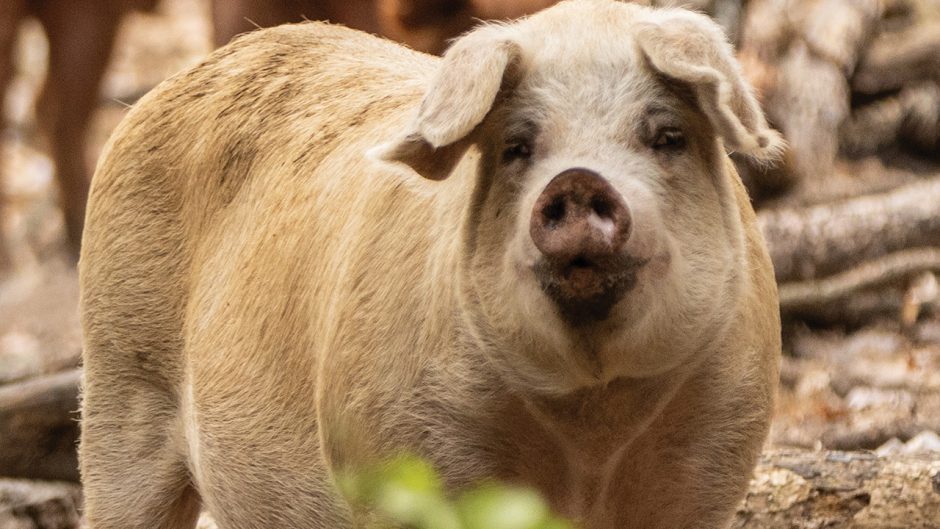
MIZZOU Magazine
Hog harmony
Russ Kremer’s transformational journey toward sustainable farming

MIZZOU Magazine
All in the family
In an era when coaches are continually recruiting their own players, Coach Dennis Gates is creating a tight-knit crew with a unified mission.
Winter 2024
Did you know Mizzou Alumni Association members receive a print edition of MIZZOU magazine in their mailbox? Click here to join.
Enjoy the flipbook issue of MIZZOU magazine.
Flip through the issue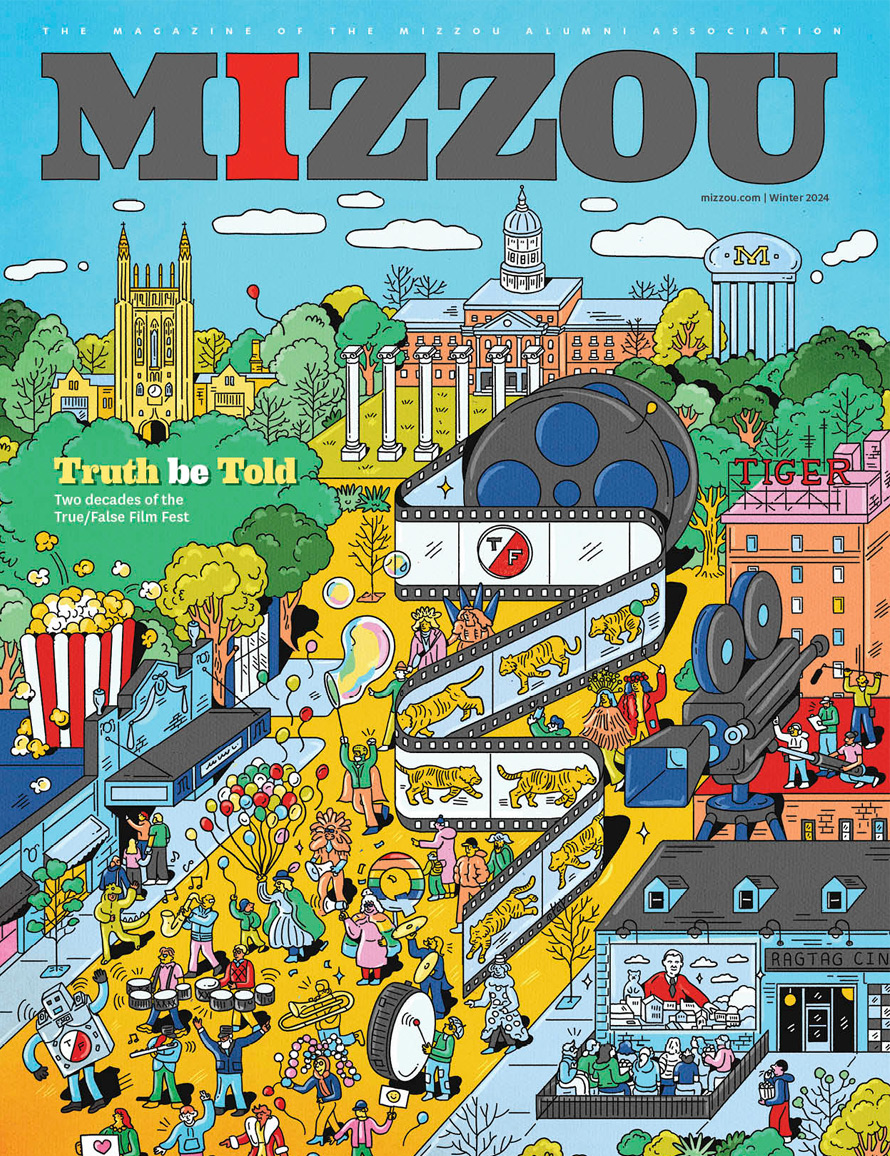
Subscribe to
Show Me Mizzou
Stay up-to-date with the latest news by subscribing to the Show Me Mizzou newsletter.
Subscribe
